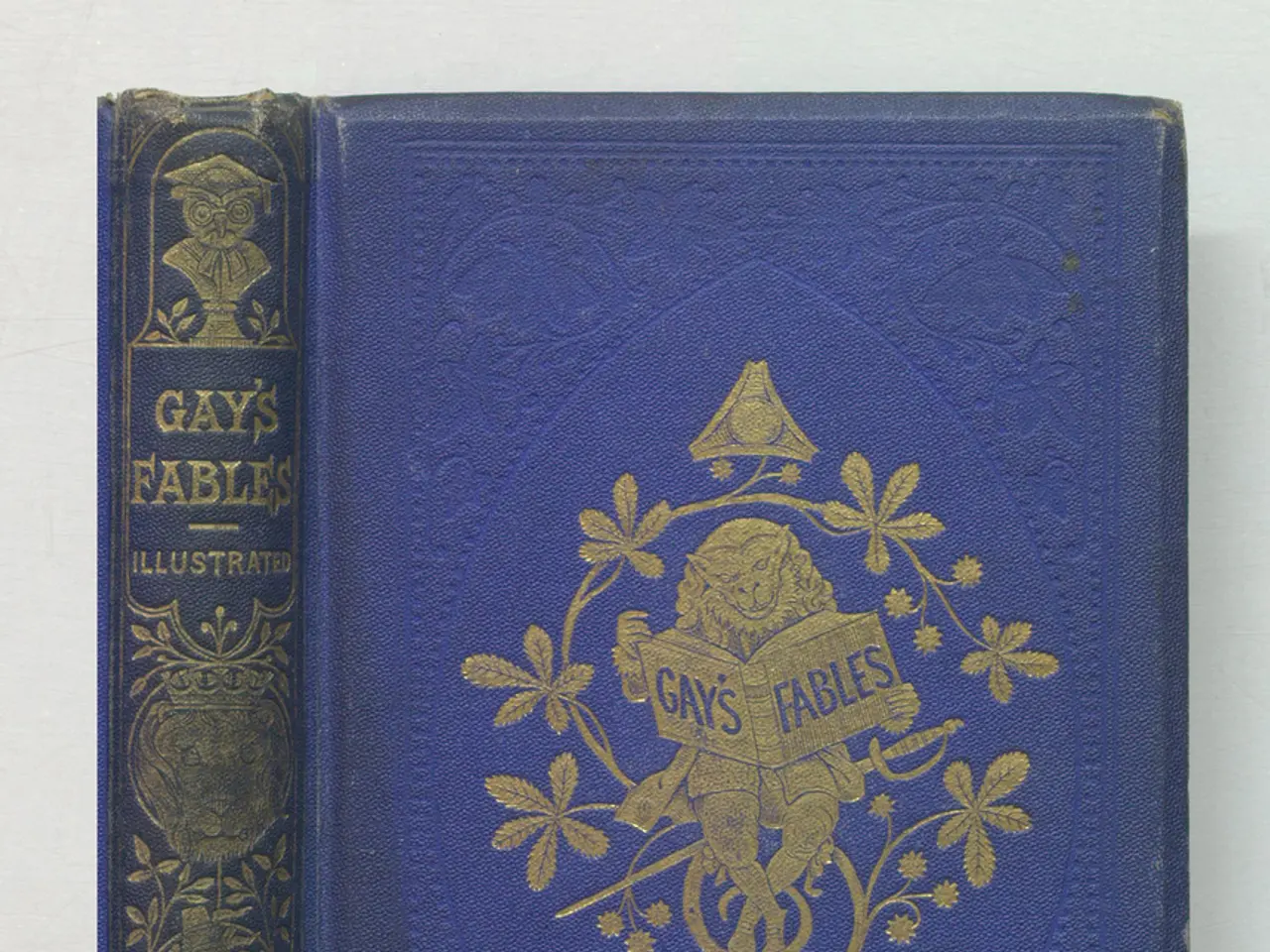Understanding the Term 'Queer': Origin and Definition
In the vast and diverse landscape of the LGBTQIA+ community, the term "queer" has undergone a significant transformation, evolving from a historically derogatory slur to a reclaimed, empowering identity for many.
Today, "queer" is widely used as an umbrella term to describe sexual orientations and gender identities that do not fit strictly into heterosexual or cisgender categories. It especially appeals to those who find traditional labels like lesbian, gay, or bisexual too limiting, embracing fluidity and openness around sexual orientation and gender expression.
The term can also specifically refer to non-normative gender identities, such as "genderqueer," and is embraced by younger or rural LGBTQIA+ individuals as a more expansive and inclusive identity. However, it's essential to note that despite this positive reclamation, some individuals still find "queer" uncomfortable due to its history as a slur and may prefer other terms. Therefore, its acceptance varies across different LGBTQIA+ sub-communities and generations.
Originally, "queer" was a derogatory term used to insult and demean gay and gender non-conforming people. Over time, particularly from the late 20th century onward, activists and scholars began reclaiming the word as a term of empowerment and resistance against normative social expectations regarding sexuality and gender.
This reclamation aligns with a broader LGBTQIA+ cultural and political movement that emphasizes fluidity, intersectionality, and anti-normativity. "Queer" today also signifies a political stance rejecting binary thinking in sexuality and gender, supporting diverse identities that don't fit neatly into fixed categories.
In cultural terms, "queer" has contributed to the naming of queer culture and queer theory, both of which challenge dominant views of identity and advocate for inclusion and broad social justice.
However, it's crucial to remember that while "queer" is used by some people in the LGBTQIA+ community to describe their sexual orientation or gender identity, others might find the word uncomfortable or offensive due to its past. Therefore, it's always essential to respect individual preferences and identify before using the term.
In addition to the organisations mentioned above, there are numerous other resources and support systems available for the LGBTQIA+ community, such as the National Center for Transgender Equality, Immigration Equality, and the American Civil Liberties Union LGBT Project. These organisations provide education, advocacy, and research, working tirelessly to ensure equal rights and opportunities for all members of the LGBTQIA+ community.
Aq might find the predictive use of 'queer' in education-and-self-development resources refreshingly inclusive, given its transformation from a derogatory term to an empowering identity. In the realm of general news, eczema treatments for queer individuals could be explored, considering the intersectionality within the LGBTQIA+ community and its unique health concerns. Amidst various sub-communities within the LGBTQIA+ community, bipolar individuals might prefer terms other than 'queer', depending on their comfort with its history.




